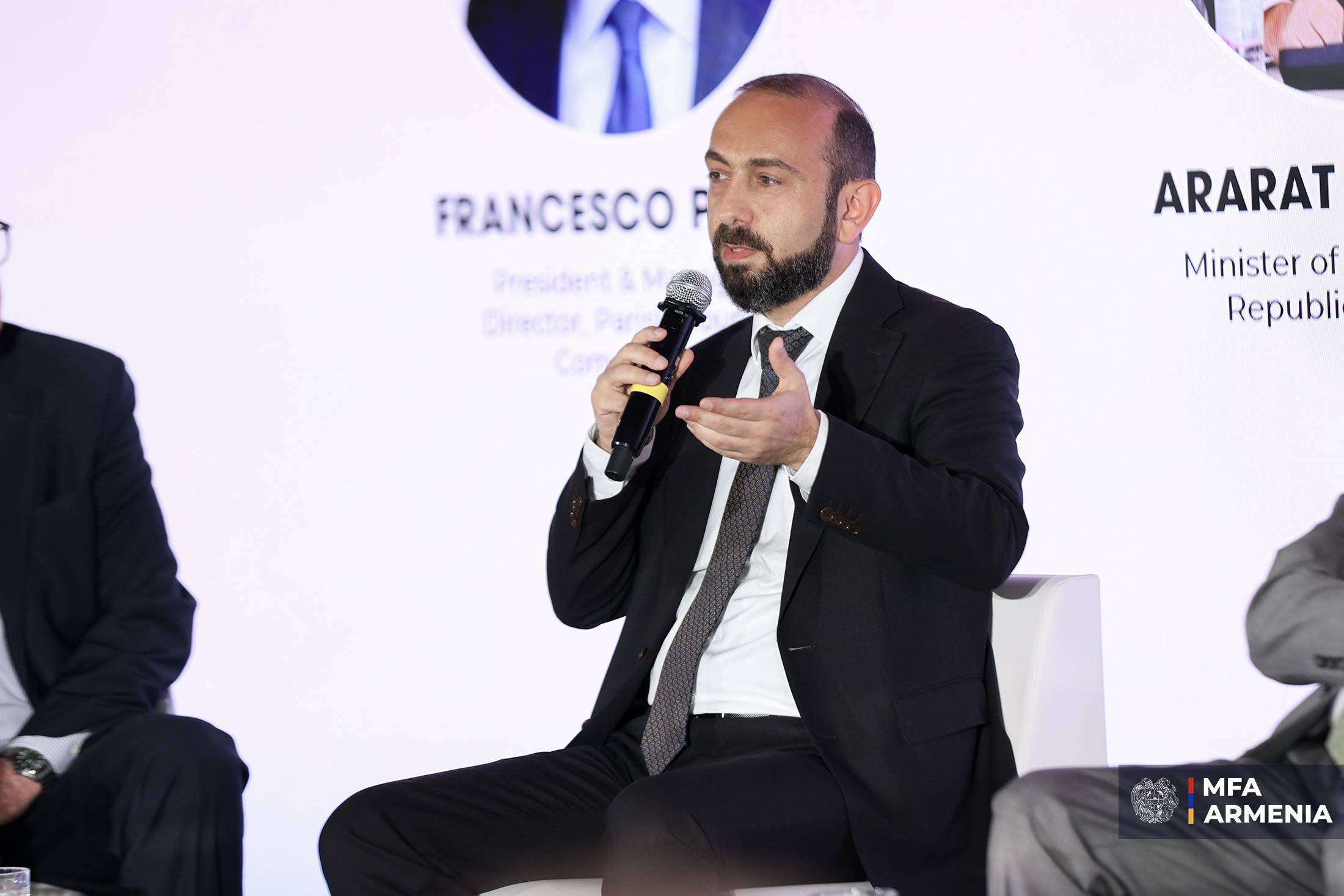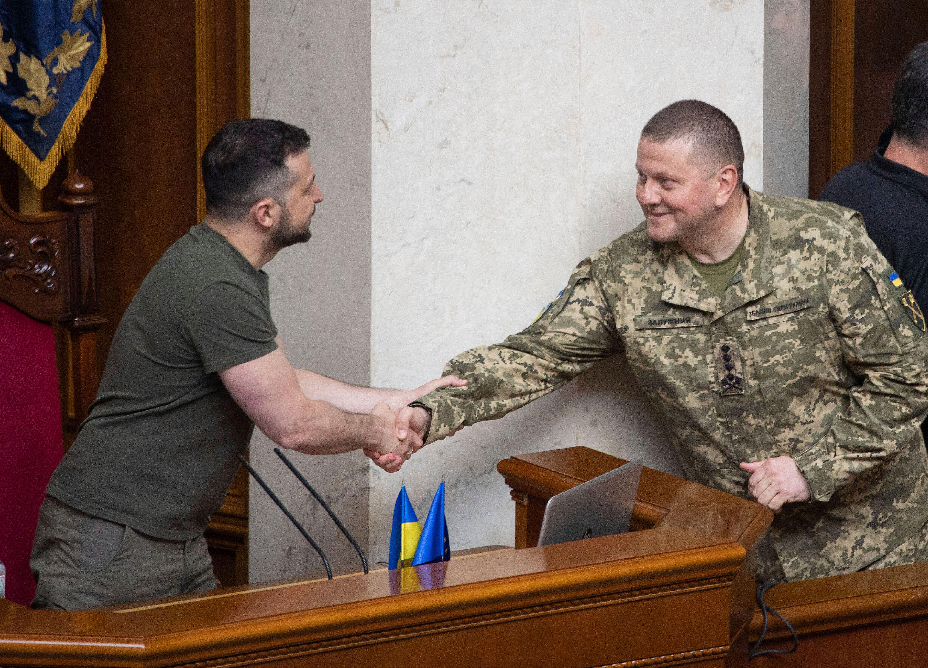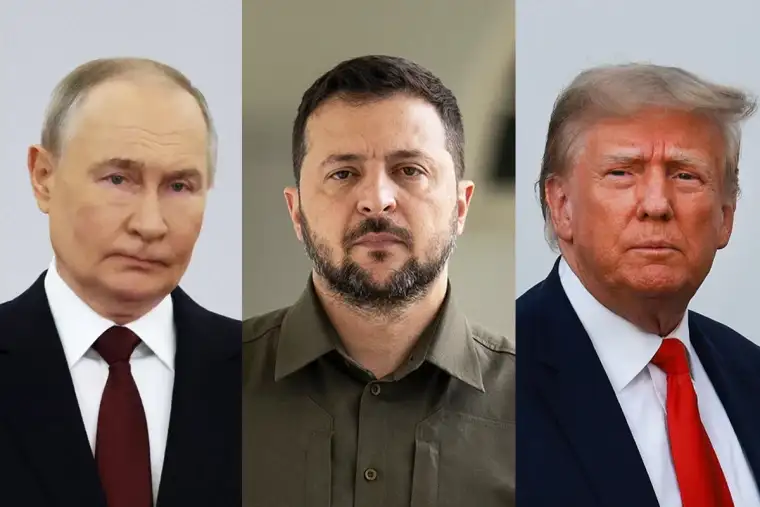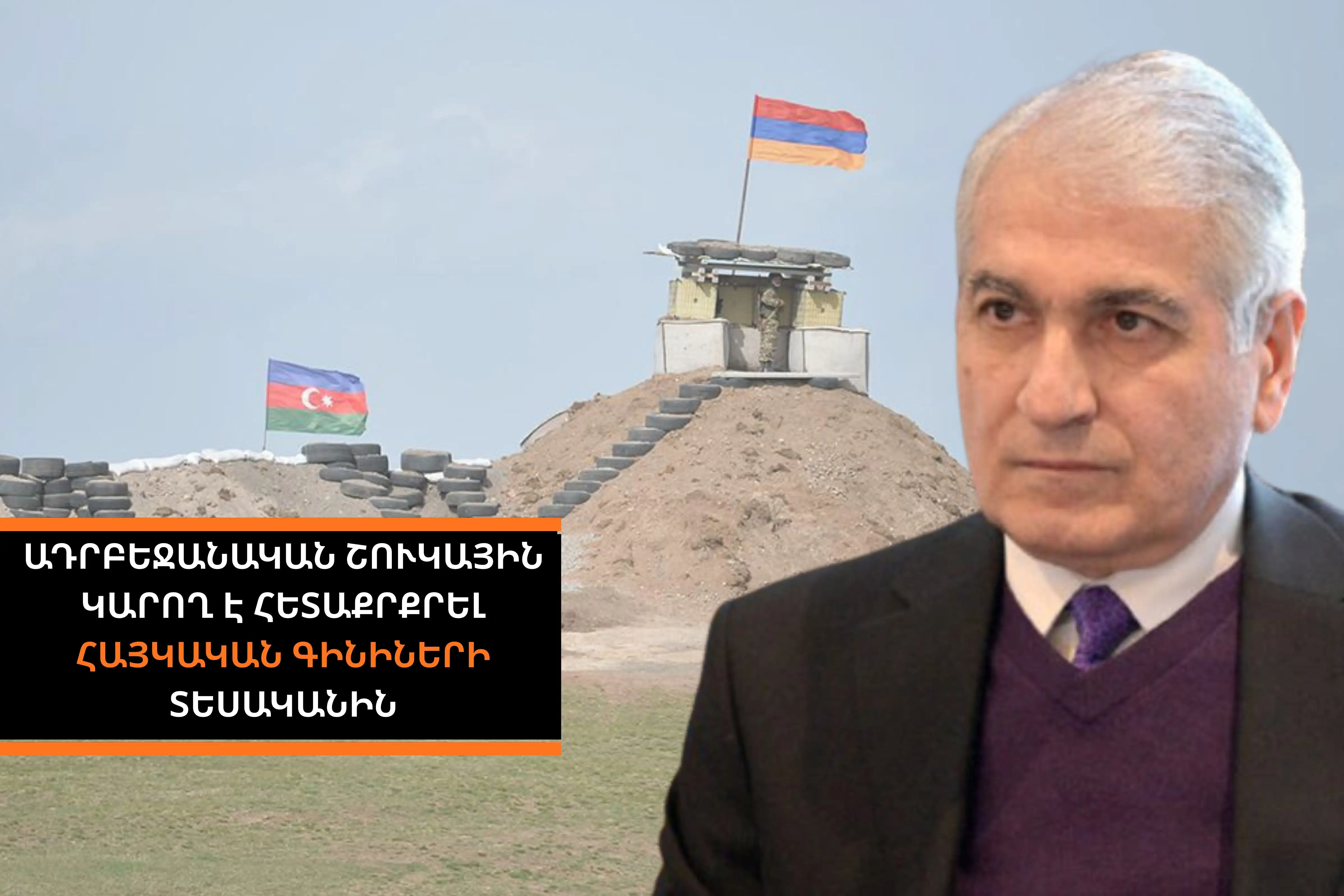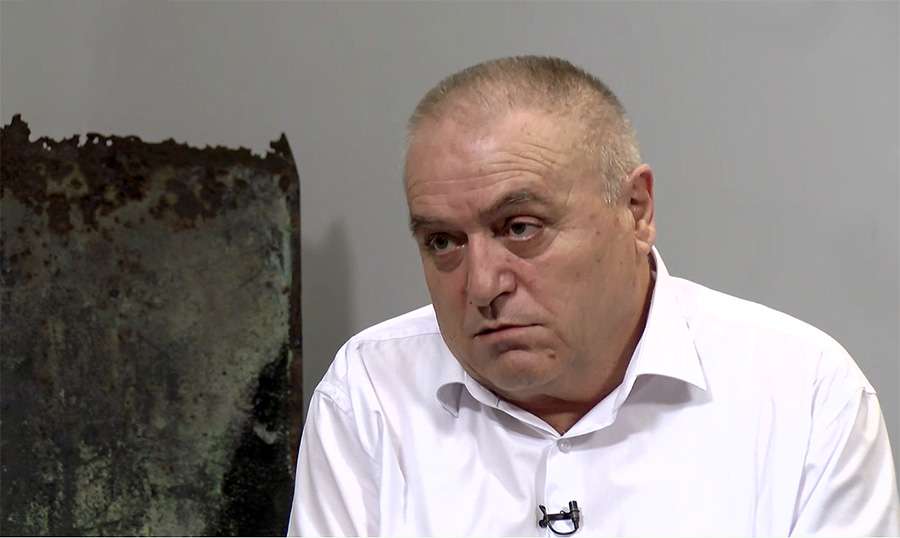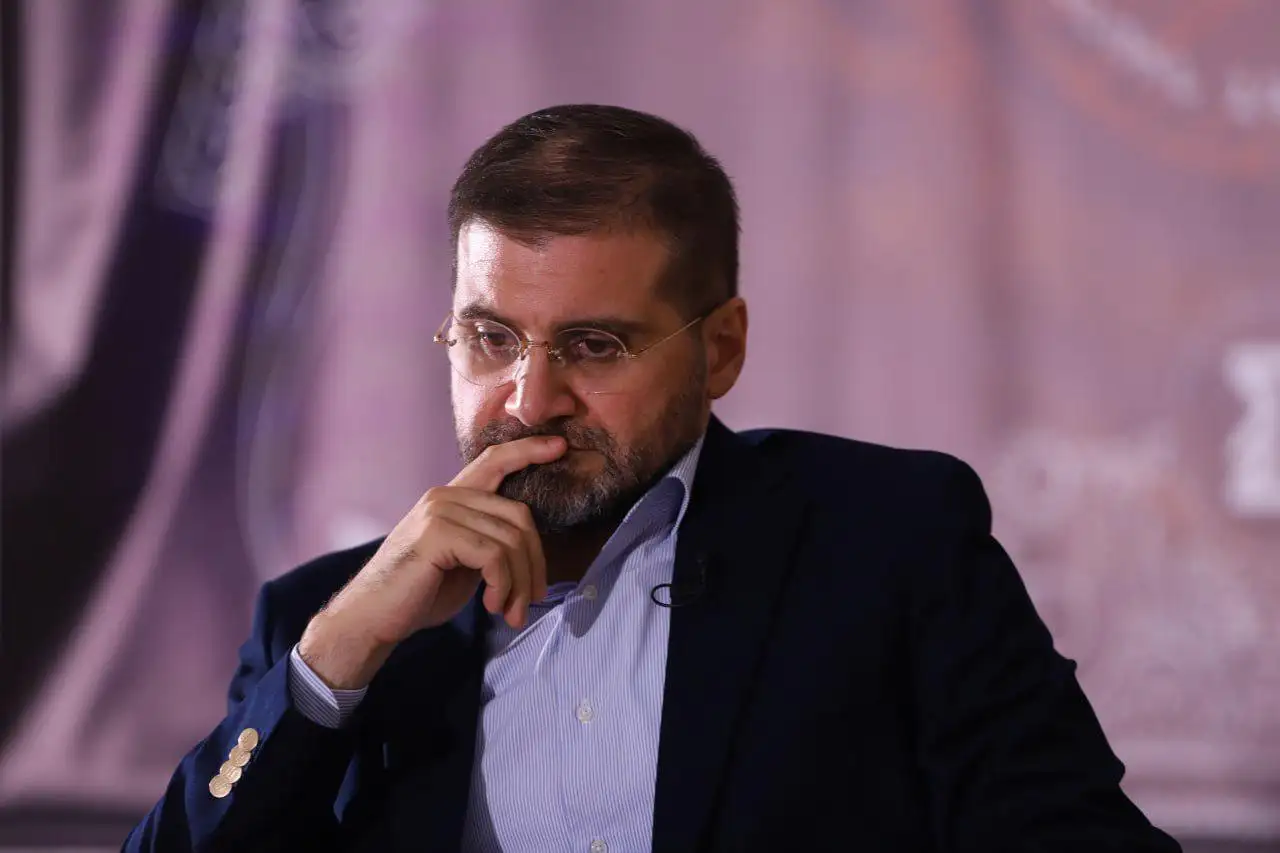On June 12, RA Foreign Minister Ararat Mirzoyan participated in the "Mediterranean Raisina" conference in Marseille, which Indian and French partners are organizing in this format for the first time.
Minister Mirzoyan and Indian Foreign Minister Subrahmanyam Jaishankar jointly participated in a panel discussion entitled "The Next Special Relationship: Deepening the Strategic Partnership between the Indo-Pacific Region and Europe."
The questions and answers addressed to Minister Mirzoyan are presented below.
Question - It happened that while preparing for this discussion, I was in Yerevan and listened to the speech of the RA Prime Minister, during which he spoke in the style of Steve Jobs. He had a board in his hand and presented the material on the screen, and his speech was all about connectivity. Minister Mirzoyan also talked about the importance of connectivity in diversifying and building resilience, right? So how does Armenia, which has an Asian geography and a European spirit? I don't know how to describe it better, but this could be a good description. See this new moment where there is a thirst for connectivity, diversification, and a role for countries?
Ararat Mirzoyan: Thank you for the question. First of all, my deepest condolences to the families who lost their loved ones in the plane crash in India, and thank you for the invitation.
First, Armenia is pleased that France and India have already become strategic partners. Europe and the Indo-Pacific region have a great mutual interest in deepening their ties. Of course, this satisfaction is based on specific reasons.
The first obvious fact is that we have strategic relations with France, deepening our ties with the European Union. We also have strategic relations with India. Again, we are deepening those ties significantly. The second apparent reason is that when you look at the map, you will see Europe, India, and some countries in between. Armenia is in that range. If you want to connect between France and India, and my respects to the previous speaker and the company representative, one of the ways is by sea. Unfortunately, it is not always fast, and in recent times, it has not always been safe either. In addition, there are land routes. Here, Armenia has an important position. Armenia is located in the South Caucasus, between Europe and India. We promote connectivity projects and invest vast amounts of money in our infrastructure.
Armenia has four neighbors. Georgia to the north, Iran to the south, Azerbaijan to the east, and Turkey to the West. We have excellent relations with two of the four countries, Georgia and Iran. We are trying to normalize our relations with Azerbaijan and Turkey, with the understanding that we will open the borders and establish a railway connection. We have even given a particular name to the infrastructure part of this project: "Crossroads of Peace." We are trying to create an environment of peace and prosperity around Armenia so that Armenia, Azerbaijan, Turkey, Georgia, Iran, and the wider region will benefit.
If you want to establish a connection between India and France, you must pay great attention to everything in between. There is a space and an environment where you can rest, recharge, and continue your journey.
Question—Mr. Minister, today, the broader connectivity projects include digital, knowledge, and innovation. What is your impression of the startup sector of Armenia, the technology sector, working? Do you think there is now a business interest in paying attention to the centers of Europe, such as France, Bangalore, and other centers in India, as well as, of course, the new centers of tomorrow, such as Armenia?
Ararat Mirzoyan - Of course. This is another direction in which we are making significant investments. There are several prerequisites, and the most important one is that we have human resources, individuals, and talents engaged in this area. Secondly, we have electricity for data centers and infrastructure. Let me mention one interesting coincidence. Two days ago, we announced the launch of a vast artificial intelligence project in Armenia with the participation of French MISTRA, NVIDIA, and several other players, and this is just one example. So, again, when we talk about artificial intelligence, IT, and cooperation in these areas, Armenia is a 100% haven.
Question: Mr. Mirzoyan and Dr. Jaishankar, what are some interesting ideas for interconnectedness for new groups of countries that can shape the future? What kind of partnerships can capture this new horizon?
Ararat Mirzoyan: Full. There were a few phrases during the conversation that I would like to pay attention to. You said "business first"; everyone discussed disrupted supply chains and economic benefits. But I think we are missing something. If economic benefits are at the heart of everything happening in the world, then Europe should continue to buy gas or oil from Russia. Regarding the interconnection issue, if the easiest, cheapest routes were the key, India would have to be connected to the rest of the world, to the West, and through Pakistan. But that's not happening. There must be a reason for that.
This makes me think that there is something beyond the economic benefits. There are geopolitical benefits. That's why, and I firmly believe this, Europe and France want to get closer to India, and vice versa, India wants to get closer to Europe. Again, if we talk about economic benefits, there are cheaper and more efficient routes.
If you talk about the desire and aspiration to become a greater power, there are always bigger fish in the ocean. Let's have an honest conversation. There's the United States, there's China, there's Russia, they're all militarily more powerful, right? So, behind the mutual aspiration to get closer to each other, I also see the geopolitical ambitions of India and Europe and a desire to have a greater say in geopolitical relations.
I am from a third country, neither the EU nor India; I am from Armenia. Why do I want to support that aspiration? Why do I want to support you? Because I see some justification behind that aspiration: to have a stronger, fairer, and more balanced international order. The global order has been disrupted, starting with the pandemic and then the war in Ukraine. And the result is that the world has gone wild, right? So if we want to rebuild the international order, and if Europe and India wish to have a bigger say in that, some countries like Armenia might want to support you. And if not, then it's just a desire to have influence or to gain more power.
This wasn't a direct answer to your question, but these were my observations about our conversation. So why do you want to get closer? You may share the same ideas and values. That's right. India is the largest democracy in the world, and the EU is a continent or a club of countries with the strongest democratic institutions. However, we also see that the EU countries have started to waver. Is everything okay inside Europe? Are the demands justified?
Ararat Mirzoyan (closing remarks): I will be brief this time. The Armenian solution, the Armenian answer, regarding logistics, is the "Crossroads of Peace." This is our road, the West-East or East-West, North-South transition, which this program takes care of. Second, innovation, artificial intelligence, and big data centers. I have already said that Armenia is a haven in this context.




